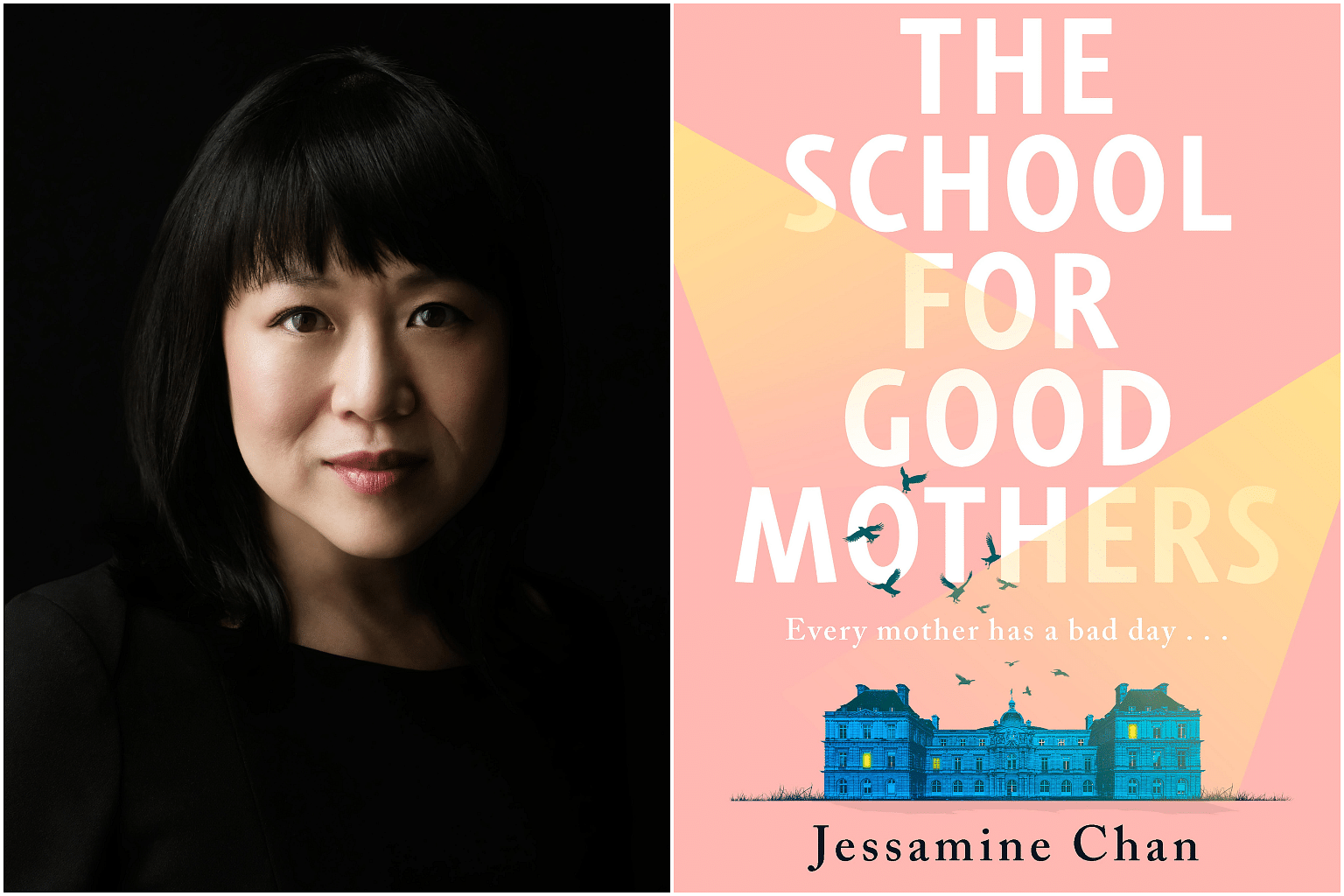Book review: One bad day is all it takes for a mother to lose her child
Sign up now: Get ST's newsletters delivered to your inbox

The School For Good Mothers is Jessamine Chan's debut novel.
PHOTO: BEOWULF SHEEHAN, HUTCHINSON HEINEMANN
The School For Good Mothers
One bad day is all it takes for Frida Liu, 39, to lose her daughter.
The sleep-deprived single mother in Philadelphia, the United States, heads into her office to pick up a file. She leaves her baby Harriet alone at home.
This sets off a terrible chain of events in which the police are called, Child Protective Services get involved and Harriet is put into the custody of Frida's ex-husband Gust and Susanna, the young hippie he left Frida for.
Frida is sentenced to a year at a state-run institution for errant mothers, where she will have to pass a barrage of tests. If she quits or fails, she will be legally banned from seeing Harriet again.
American author Jessamine Chan's debut novel lays out a mother's nightmare that, despite its dystopian trappings, is all too believably immediate.
The school of her novel reads like a cross between a prison and a cult. Cut off from the outside world and under constant surveillance, the mothers undergo a training regimen that ranges from putting a child to sleep to physically fighting off potential kidnappers.
They are told to chant lines like "I am a narcissist. I am a danger to my child" or "I am a bad mother, but I am learning to be good".
They are given uncannily lifelike dolls who respond emotionally, but leak a toxic blue fluid and record data from the mothers' performances.
The mothers must care for them as they would their real children who, ironically, grow more distant every day. Frida names her doll Emmanuelle and, despite her best efforts, becomes attached to the robot child.
The first part of the novel drags a little. Chan is prone to repetition to drive home her point - unnecessary in what is already a compelling portrait of a mother at the end of her tether.
The book grows more propulsive as Frida enters the school, and readers are left guessing up to the end as to whether she will be reunited with her daughter.
The school's mothers come from a variety of ethnic and income groups - from a black waitress who was 10 minutes late in picking up her daughter from the principal's office, to a white teenager who was sexually assaulted as a child and hits her toddler.
Frida, the daughter of Chinese immigrants, is the only Asian and must navigate the particular cocktail of privilege and trauma her family background has left her.
Chan paints a stark picture of the double standards society has for different parents. Though a similar school for fathers exists, it has far fewer inmates and the bar they have to clear is much lower. What is required from mothers, Frida comes to learn, is a complete, constant abnegation of the self.
This is an unnerving look at the ways in which motherhood is subject to the pressures of society and policed by the state.
Chan's tale may seem futuristic, with its Orwellian surveillance and robot dolls, but one need only look at today's headlines on women's reproductive rights - for example, the US Supreme Court's leaked draft majority opinion to overturn the Roe v Wade decision legalising abortion - to realise it is not so very far-fetched.
No mother is perfect, after all. And every mother could have a bad day.
If you like this, read: The Farm by Joanne Ramos (Bloomsbury, 2019, $18.95, buy here, borrow here). Desperate to provide for her baby daughter, Filipina immigrant Jane Reyes signs on at Golden Oaks, a luxury facility in upstate New York, where women hand-picked for their genetic traits serve as pregnancy surrogates for wealthy clients.
This article contains affiliate links. If you buy through these links, we may earn a small commission.


